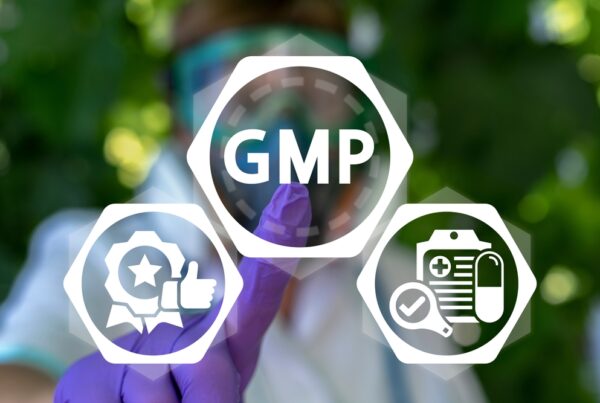What is a Quality Management System (QMS)?
A QMS is a set of policies, procedures, and processes that are put in place to ensure that a product meets the required quality standards. In pharmaceutical manufacturing, a QMS is put in place to ensure that products are produced consistently and meet regulatory requirements. A QMS includes processes such as quality control, quality assurance, and quality improvement.
Why is a QMS Important in Pharmaceutical Manufacturing?
The implementation of a robust Quality Management System in pharmaceutical manufacturing is crucial for several reasons:
Compliance with Regulatory Standards

The pharmaceutical industry is highly regulated, and regulatory bodies such as the Food and Drug Administration (FDA) and the European Medicines Agency (EMA) require that pharmaceutical manufacturers comply with strict regulations to ensure the safety and efficacy of their products. A Quality Management System is an important tool, among many, that a manufacturer uses to help with compliance with these regulations, reducing the risk of non-compliance and potential legal action.
Consistent Quality
A properly managed QMS ensures that products are produced consistently, reducing the risk of product failure or recalls. Consistent quality also enhances customer satisfaction and reduces the risk of negative publicity. Once patients are lost, it is nearly impossible to regain their trust.
Continuous Improvement
A properly implemented and monitored Quality Management System enables a manufacturer to identify trends and areas for improvement. This allows them to implement changes to improve the quality of their products. Continuous improvement ensures that a manufacturer remains competitive in the marketplace and maintains customer satisfaction.
Real-World Failure when a QMS was not Established
The consequences of not having a QMS in place can be severe. In 2012 the New England Compounding Center (NECC), a compounding pharmacy located in Massachusetts, produced contaminated steroid injections that were linked to a nationwide outbreak of fungal meningitis. The outbreak resulted in 751 cases of infection and 64 deaths.
The NECC had a history of non-compliance with regulatory standards and had not established a robust QMS. An investigation by the FDA revealed numerous deficiencies in the NECC’s quality control and quality assurance processes. The NECC was found to have produced drugs in unsanitary conditions, failed to test products for sterility, and failed to properly label products. The consequences of not having a QMS in place were severe, resulting in loss of life, legal action, and closure of the NECC.
Conclusion
The QMS is a crucial component of pharmaceutical manufacturing. It ensures compliance with regulatory standards, consistent quality, continuous improvement, cost savings, and improved efficiency. Failure to establish a QMS can result in severe consequences, as demonstrated by the case of the NECC. Pharmaceutical manufacturers must ensure that a robust QMS is in place to ensure the safety and efficacy of their products.
External Links:
- FDA Quality Management System Requirements for Pharmaceutical Manufacturing: https://www.fda.gov/media/71023/download
- “Compounding Pharmacy Investigation” – Centers for Disease Control and Prevention (CDC) – https://www.cdc.gov/hai/outbreaks/meningitis.html
Information regarding Rondaxe’s Quality Consulting.





